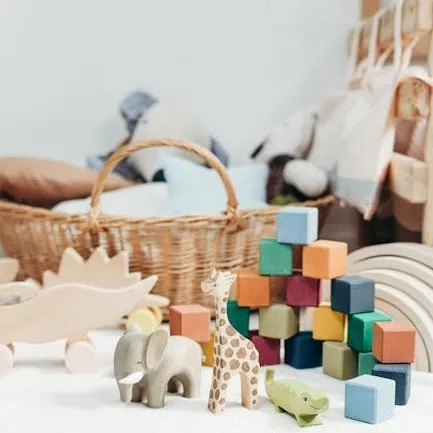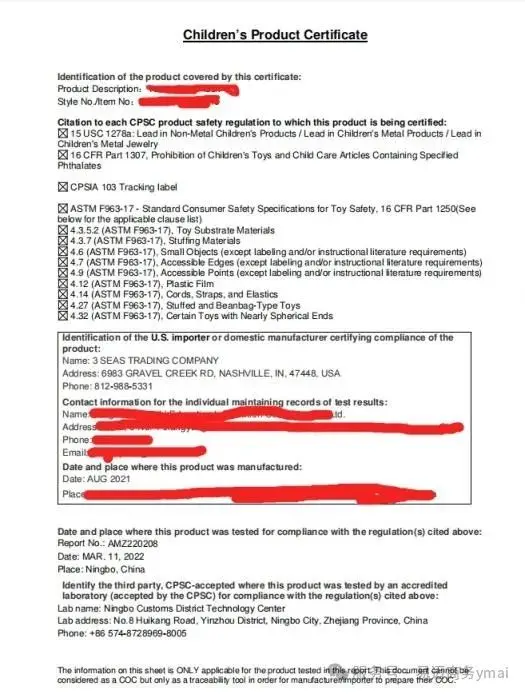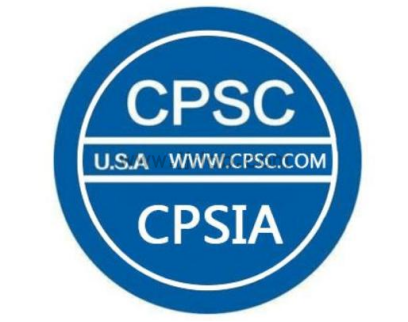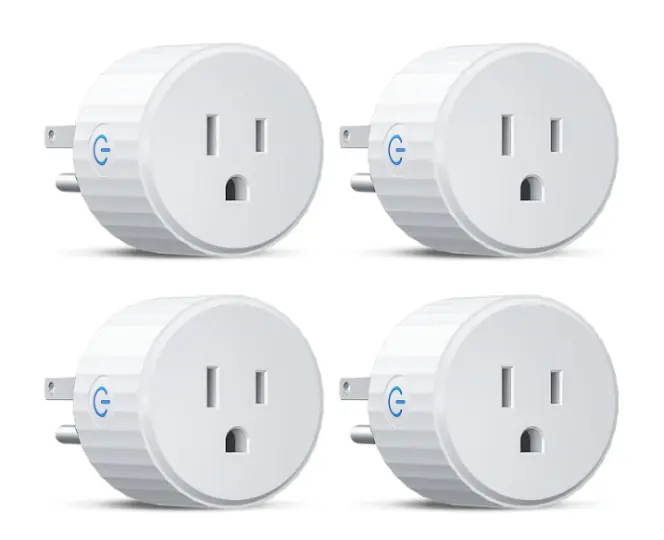
European Food Contact Materials Testing
Europe is one of the major export regions for China's tableware, kitchenware, and small kitchen appliances. However, legislation on food contact products in Europe is complex, and enforcement is frequent. If non-compliant products are found, the goods may be detained, returned, or even destroyed.
The Framework Regulation (EC) No 1935/2004 is the general and principal requirement for food contact products in the EU, and it serves as a common standard that all EU member states must follow. Specific requirements for different materials are regulated by corresponding regulations and directives, such as the plastic regulation EU 10/2011, the ceramic directives 84/500/EEC and 2005/31/EC.

In addition to the EU's general requirements, some member states have introduced additional regulations. For example, Germany's Food and Feed Code LFGB Sections 30 & 31, France's Décret No. 2007-766, and Italy's Ministerial Decree DM 21/03/1973.
Service Content
I. Applicable Product Scope
- Tableware: knives, forks, bowls, chopsticks, spoons, cups, plates, etc.;
- Kitchenware: pots, spatulas, cutting boards, stainless steel kitchen tools, etc.;
- Food packaging containers: various food packaging bags, containers for holding beverages and food, etc.;
- Kitchen appliances: coffee machines, juicers, blenders, electric kettles, rice cookers, ovens, microwaves, etc.
II. General Sample Quantity Requirements
Sample quantity varies by product; please consult CTI online customer service for details.
General reference quantities are as follows:
- Plastic products: 2000 cm²
- Stainless steel and other metal products: 100 cm²
- Flat ceramic products like ceramic plates: 100 cm²
- Ceramic containers: 2 pieces
- Glass and enamel products: same as ceramic products
- Paper products: 1800 cm² + 100 g
- Coated samples: 1500 cm²
- Silicone and rubber products: 1000 cm²
III. Evaluation Standards
- Framework Regulation: (EC) No. 1935/2004
- Plastics: EU 10/2011; EU 2016/1416; EU 2017/752; EU 2020/1245, etc.
- Ceramics: 84/500/EEC; 2005/31/EC
- Coatings: AP(2004)1
- Cork: AP(2004)2
- Rubber: AP(2004)4; 93/11/EEC
- Silicon Rubber: AP(2004)5
- Paper and Board: AP(2002)1
- Metals and Alloys: CM/Res(2013)9
- Epoxy Derivatives: (EC) No. 1895/2005
- Colorants: AP(89)1
- Germany: LFGB Chapter 30 & 31
- Germany: BfR Recommendation
- France: Décret No. 2007-766
- France: DGCCRF Notice
- Italy: Ministerial Decree DM 21/03/1973
IV. Test Items
Common test items include:
- Overall Migration
- Specific Migration of Heavy Metals
- Primary Aromatic Amines (PAAs)
- Bisphenol A (BPA)
- Formaldehyde
- Melamine
- Epoxy Derivatives (BADGE/BFDGE/NOGE), etc.
JJR Laboratory Solutions in China
- EU Food Contact Material Testing
- German Food Contact Material Testing
- French Food Contact Material Testing
- Italian Food Contact Material Testing
- European Food Contact Material Consulting and Training Services
JJR Laboratory is equipped with numerous advanced instruments and accredited by CMA/CNAS, providing accurate and reliable test data and internationally recognized reports.
- Our team of technical experts has rich practical experience and can provide professional, fast, and comprehensive one-stop services.
- A scientific Laboratory Information Management System ensures the efficient operation of every service process.
FAQs
1. How long does testing take?
Testing cycles depend closely on testing conditions (soaking conditions). Please consult JJR Laboratory's online customer service for specific timeframes.
For example:
- Under 40°C for 10 days (one-time soaking), the typical cycle is 12 working days.
- Under 70°C for 2 hours (one-time soaking), the typical cycle is 5 working days.
2. Can granule or powder samples be submitted for testing?
Unfortunately not. Most European tests require samples to be taken by surface area, which typically means testing molded items, sheets, or plates. It is difficult to calculate the surface area of granules, powders, or liquids. Plastic granules must be molded into sheets or plates before testing.
Email:hello@jjrlab.com
Write your message here and send it to us
 Toy Toxicology Testing CA
Toy Toxicology Testing CA
 CPSIA Compliance for Children's Products
CPSIA Compliance for Children's Products
 Food Contact Items Testing
Food Contact Items Testing
 Energy Star Testing Laboratory
Energy Star Testing Laboratory
 Do I Need to Test Every Color for CPSIA Compliance
Do I Need to Test Every Color for CPSIA Compliance
 Accredited Medical Device Testing Lab
Accredited Medical Device Testing Lab
 Safety Testing for Baby Wrap
Safety Testing for Baby Wrap
 United States Electrical Plug Certification
United States Electrical Plug Certification
Leave us a message
24-hour online customer service at any time to respond, so that you worry!




